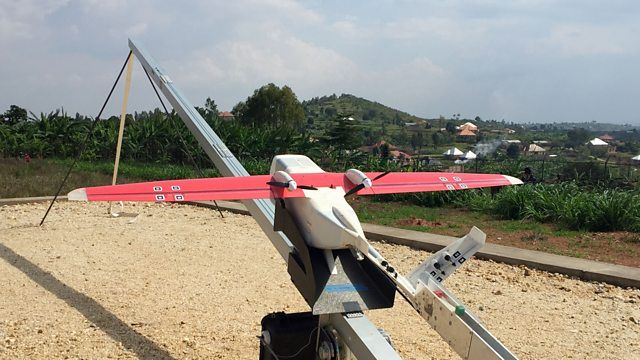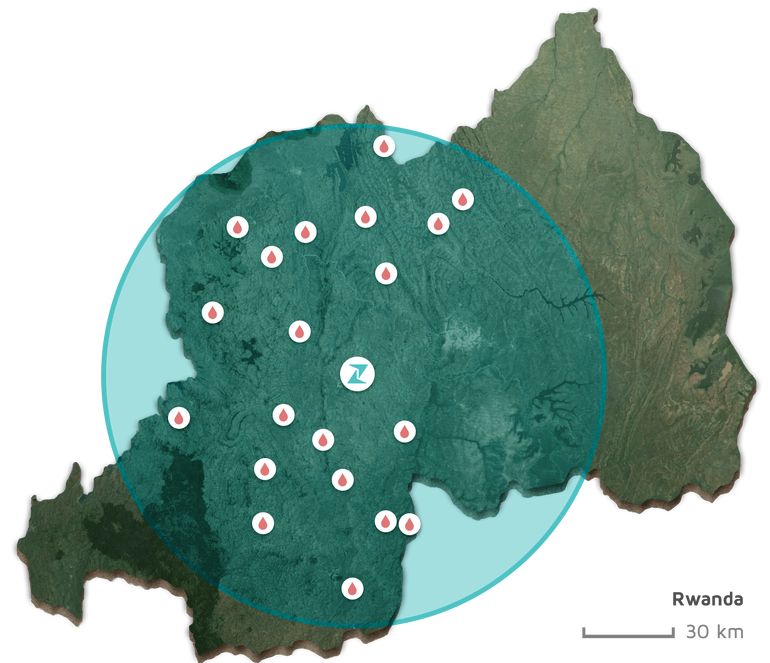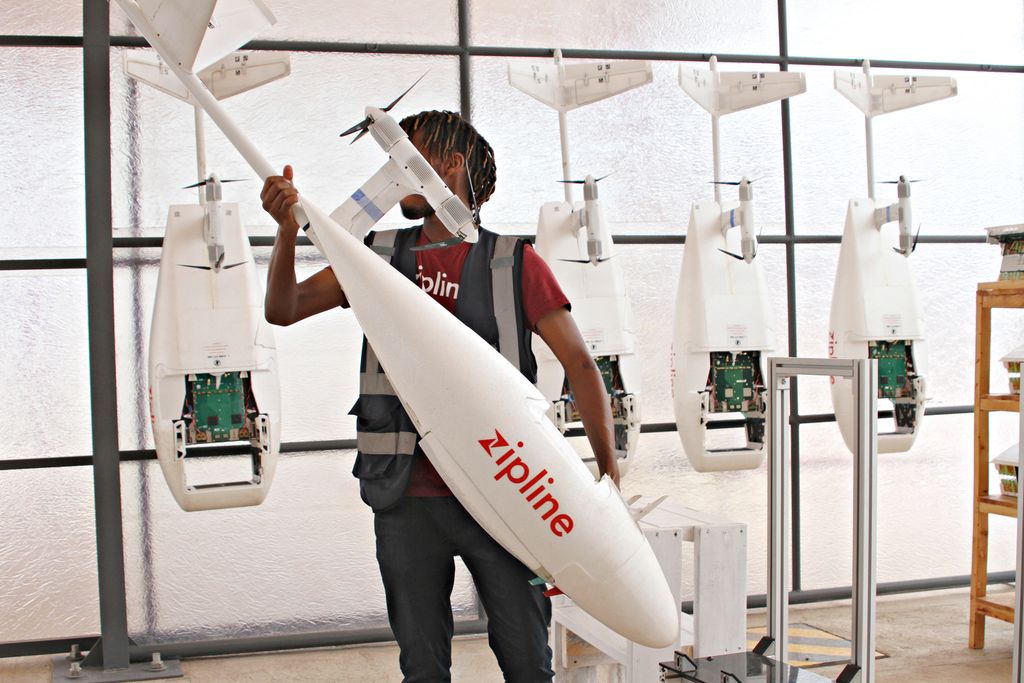Drones - Transforming Health Care Like Never Before
Apr 18, 2019 • 41 views
In the past few years, there has been a lot of buzz around the possibility of drone delivery services. But most of us think about Amazon or eBay when we think about delivery services and they will be the first to deploy drones. However, most of us don’t know that the technology is already in use for a far greater purpose in the developing world. More than 2 million people across the world lack access to essential medical products like vaccines and blood due to poor quality or lack of roads. This
has claimed a lot of lives especially in under-developed countries. But one country quickly jumped into the drone technology to boost its health care; Rwanda.

On the outskirts of Rwanda’s capital, Kigali is a new blood bank set up to serve distant rural areas where blood is not always available and difficult to store. Throughout the day, a steady stream of orders comes in by e-mail, text, or phone. On a delivery vehicle or motorbike, an average package delivery would take anywhere from 90 minutes to 2 hours to reach the hospital requesting it. But thanks to the implementation of drones to deliver blood, it would take only about 15 minutes.

This concept was introduced to Rwanda by a California based start-up called Zipline. It has a contract with the government to deliver blood and medications to rural hospitals. Zipline now serves 21 rural health facilities and just added a second base in Rwanda, allowing it to expand delivery to 450 clinics and hospitals.
Drones used by Zipline have a current range of 80 km radius. These battery operated drones are limited. A payload of under 1.8 kg is its capacity and the drones cannot land. Deliveries must be made by parachute. But the company says its drops are accurate within two parking spaces. The government says this drone delivery system is part of a continuing effort to improve health care.

Due to these efforts by the government, life expectancy has increased from 48 to 64. Infant and maternal mortality have dropped more than two-thirds. Thanks to such projects, Rwanda’s image in front of neighboring nations has gone up to new levels. Rwanda is a small country and its crowded. Its youthful population is estimated at around 12 million people. It has few natural resources and no traditional industries. So it’s turned to brain power for the future, trying to become the technology hub
for the region.
